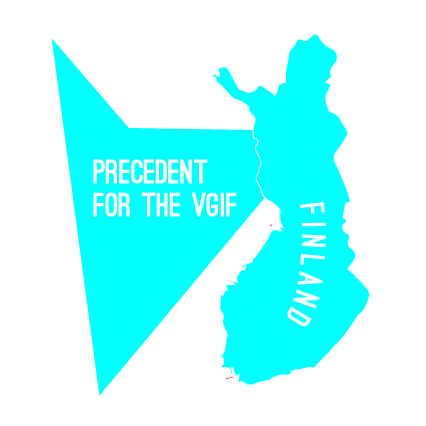VGIF Overview
TIGA proposes that the VGIF could provide funding of between £75,000 and £500,000 to games developers nationwide. Funding between £75,000 and £100,000 would be delivered as grants while above £100,000 soft loans would be matched pound for pound to ensure that games companies find new investment from other sources.
The VGIF could be financed via Grant in Aid, the British Business Bank or the National Lottery. The Fund could be managed by UK Games Talent and Finance Community Interest Company, by the BGI, or by a fund manager with experience of partnering with the British Business Bank.
A commercial mentoring business advisory service, staffed by paid industry veterans, would be mandated for successful recipients of awards. This will help make recipients ready for investment, increase chances of award winners’ commercial success, and increase the number of potential investors in games.


Eligibility Criteria
The VGIF would require an application procedure for games developers. Each application will be evaluated, and award funding to projects that fulfil a predetermined set of criteria. The criteria would involve the following:
- The company is based anywhere in the UK.
- The company expends a minimum of 80 per cent of the development costs of this project in the UK.
- The project scores a minimum of 60 per cent against innovation, diversity, new talent, experience and commercial potential criteria.
- The company retains majority ownership of the IP during the term of the loan.
- The company can demonstrate a robust business plan about how it intends to use the funding to enhance its prospects for commercial success.
Impact of the VGIF
The report calculates that the VGIF, costing an aggregate £26.5m over 5 years, would yield a net tax contribution to HM Treasury of £56.5 million (i.e., a 213 per cent return on investment by 2027) and would benefit the UK’s games industry and wider economy yielding the following impacts:
- 512 new full-time development roles would be created by 2027 (out of an industry total of 34,921 overall).
- 936 new development support roles would be created between 2023 and 2027 (63,845 overall).
- £91 million in additional investment by studios between 2023 and 2027.
- £83 million in additional tax receipts to HM Treasury would be generated between 2023 and 2027.
- £201 million in additional GDP would be generated between 2023 and 2027.


Precedent for the VGIF
There are many examples of games-specific public funding providing this level and type of investment to be found in Poland, France, Scandinavia, Belgium, Germany, Australia and Canada, but the most effective and best documented is in Finland.
Business Finland (originally called Tekes) is an agency that has been backed by the Finnish Government for well over a decade. Between 2012, when it launched its first dedicated games funding programme, and 2017 it had provided €100m in matched loans or grants to Finnish games companies. The Finnish government estimated that for every euro invested in the games sector by Tekes, a return ranging from €9-26 was generated for the Finnish taxpayer. The turnover in the Finnish games industry leapt from €40m in 2004 to over €2.4bn in 2020. 220+ companies there now employ over 3,600 staff.
”Britain’s video games industry is a world leader, and it’s vital that it stays that way. TIGA’s proposal for a Games Investment Fund is something Labour is seriously considering as a way to boost innovation, investment and jobs in the sector. We need to make sure we sustain success in one of our most important creative Industries.
Tom Watson MPFormer Deputy Leader of the Labour Party and former Shadow Secretary of State for Digital, Culture, Media and Sport
”Establishing TIGA’s proposed Games Investment Fund would boost investment and employment and help to grow the video games industry in the all of the UK’s creative hotspots, including the Dundee and wider Scottish games development clusters.
Chris Law MPFormer Co-Chair of the All Party Parliamentary Group for Video Games in the Westminster Parliament
”I fully support TIGA’s proposed VGIF. A VGIF would improve developers’ access to finance, stimulate innovation, and encourage the generation and retention of original intellectual property.
Dehenna Davison MPVice-Chair of the All Party Parliamentary Group for Video Games in the Westminster Parliament

